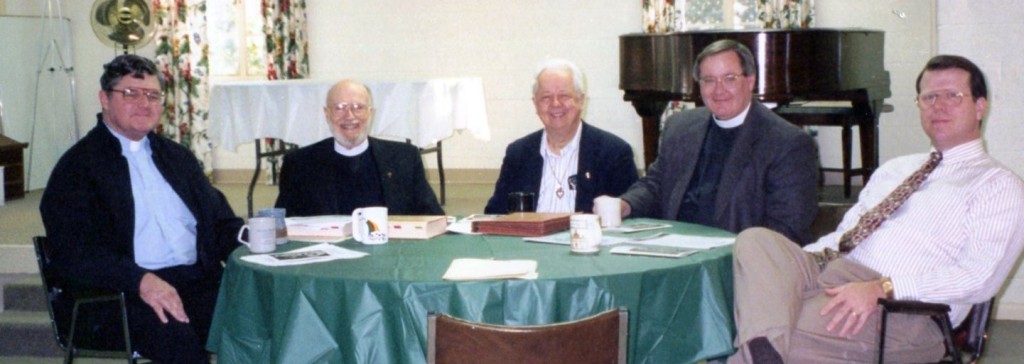On October 31, 1517 Martin Luther posted his 95 Thesis on the door of the Wittenberg Church. He had no clue that his “protest” against indulgences would ignite a socio-political and religious revolution. Next year will be the 500th anniversary of the Protestant Reformation. I’ve been wondering how Christian churches should observe this anniversary. What resources can we employ to teach God’s people about the history of the Faith?
“But What about the Bible!”
One of the most significant seasons of my spiritual journey was with a small group of pastors in Moultrie, Georgia (circa 1990s) who met weekly to study the gospel text of the common lectionary. The group consisted of an ecumenical mix of two Episcopal priests, one Catholic priest, two Methodist pastors, one Baptist pastor, and me (the Pentecostal). One might wonder how such a group could meet without theological debate, but as we met each week and focused on our gospel study, we discovered we had more about which we agreed than disagreed. In this diversity, each person contributed from his ecclesiastical tradition and was eager to learn about the traditions of others. I have often said that it was in those meetings that I received my theological education.

The Priority of Love
And a lawyer stood up and put [Jesus] to the test, saying, “Teacher, what shall I do to inherit eternal life?” And He said to him, “What is written in the Law? How does it read to you?” And he answered, “You shall love the Lord your God with all your heart, and with all your soul, and with all your strength, and with all your mind; and your neighbor as yourself.” And He said to him, “You have answered correctly; do this and you will live” (Luke 10:25-28).The lawyer’s question is very straightforward – it’s about salvation.
